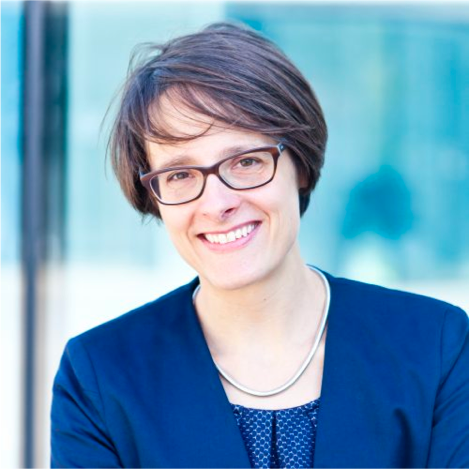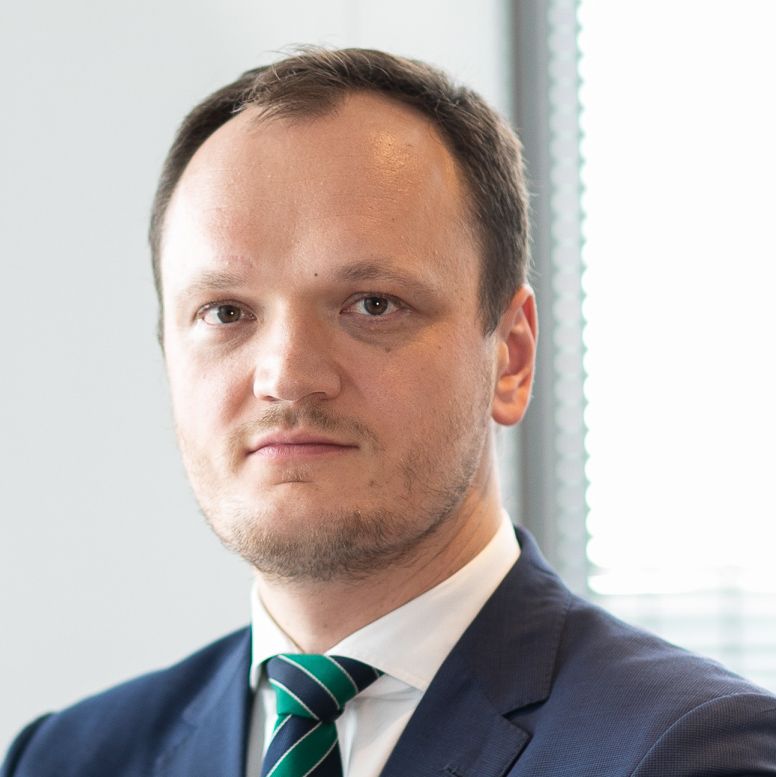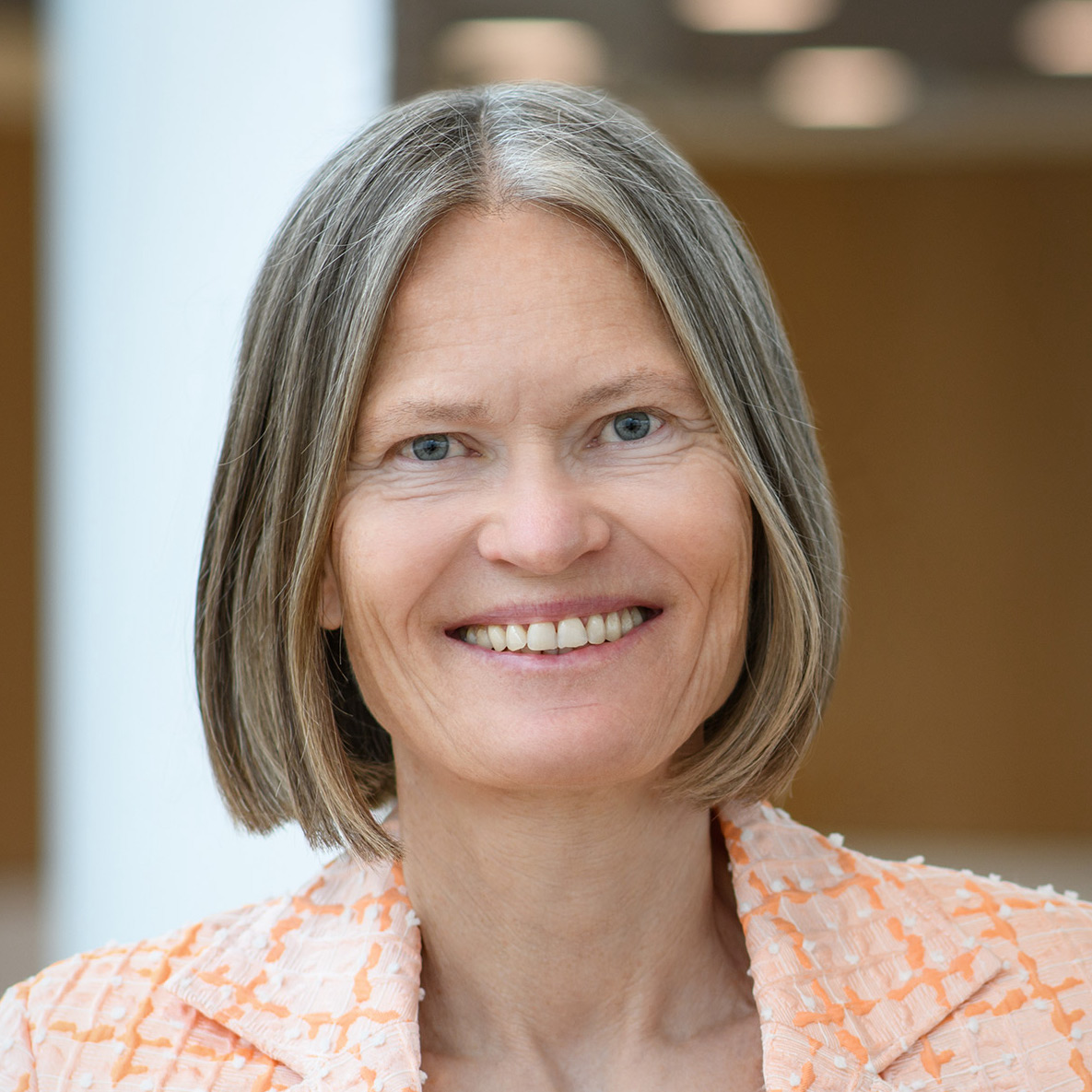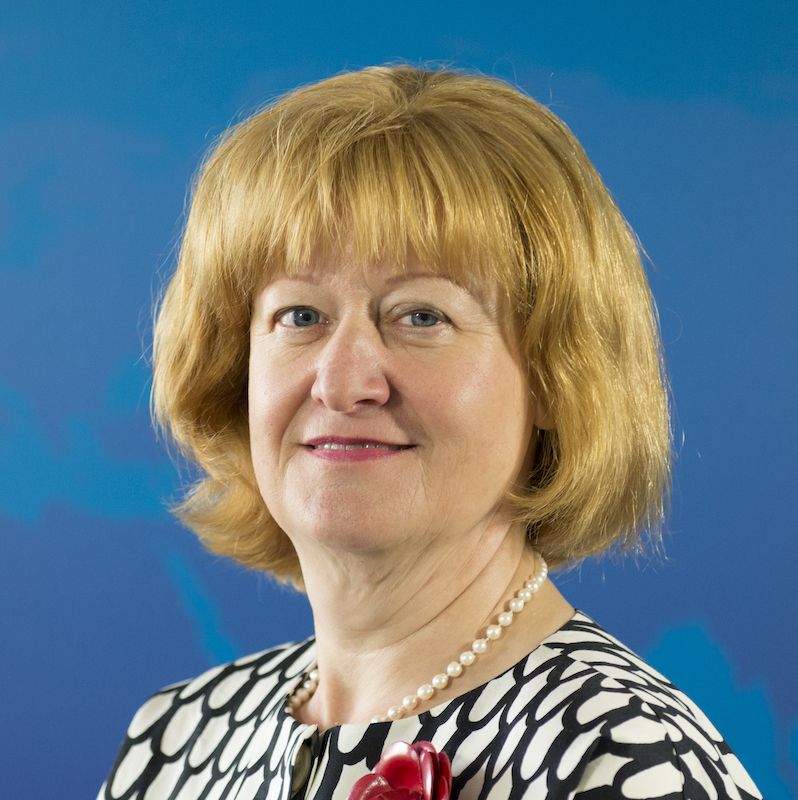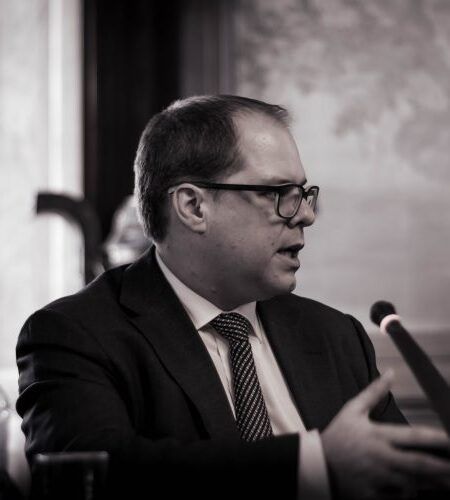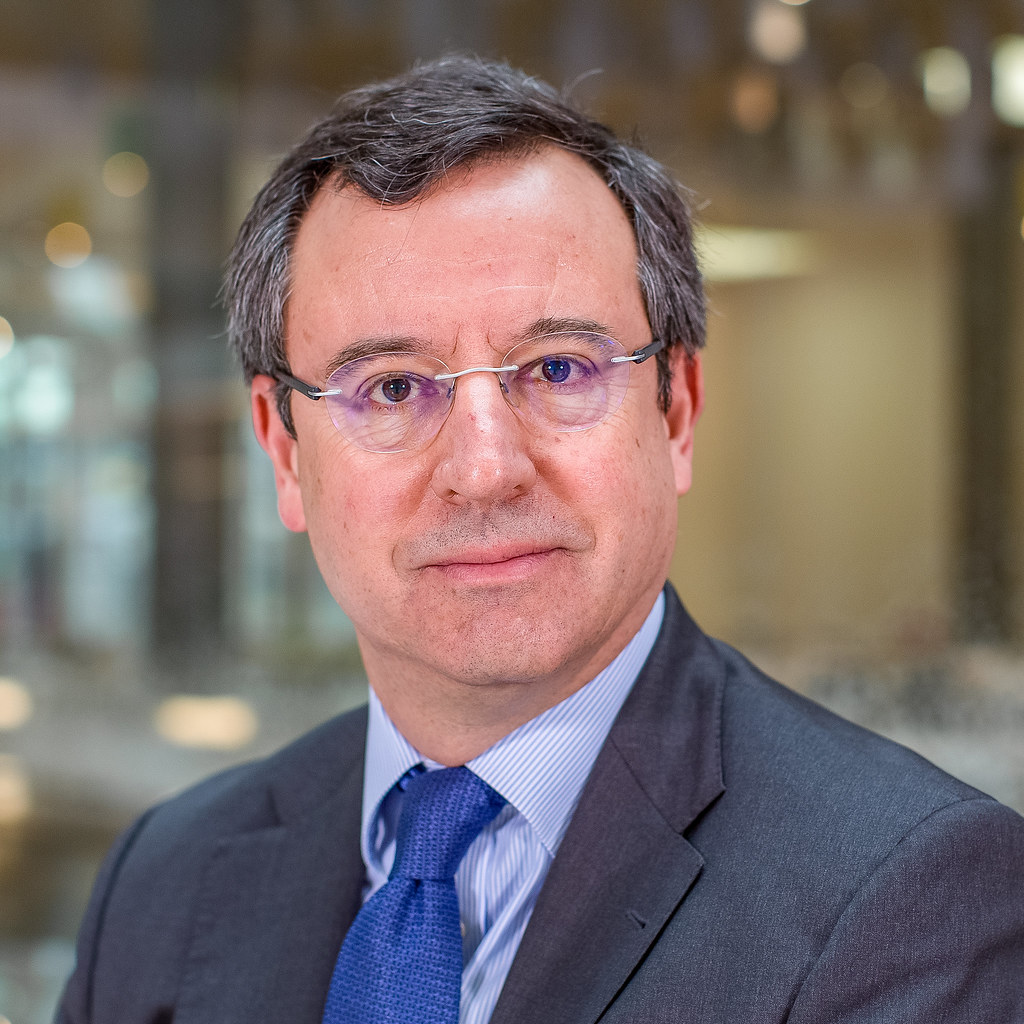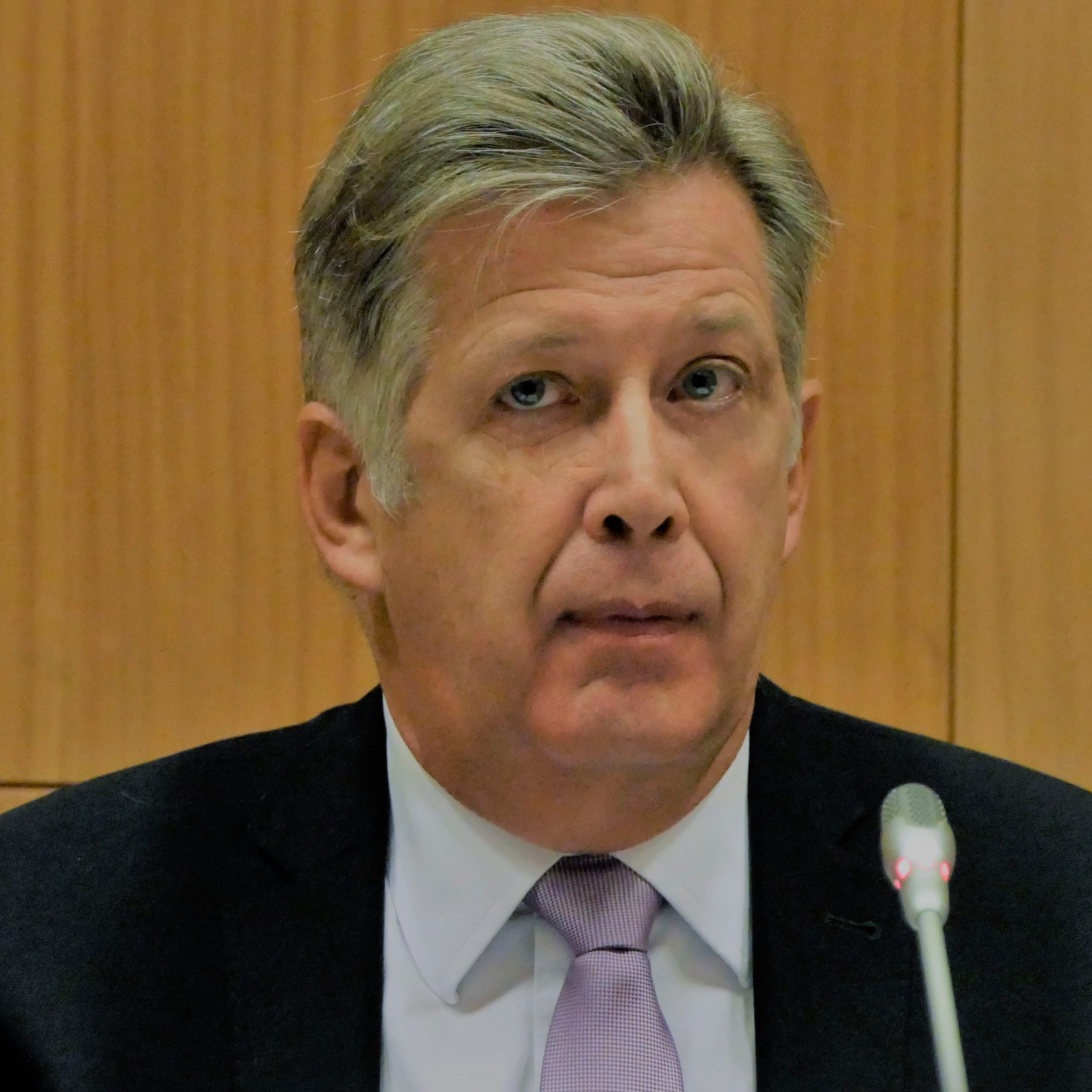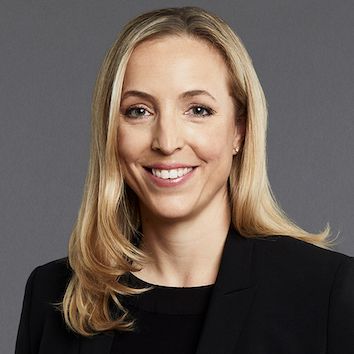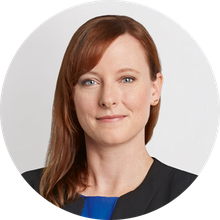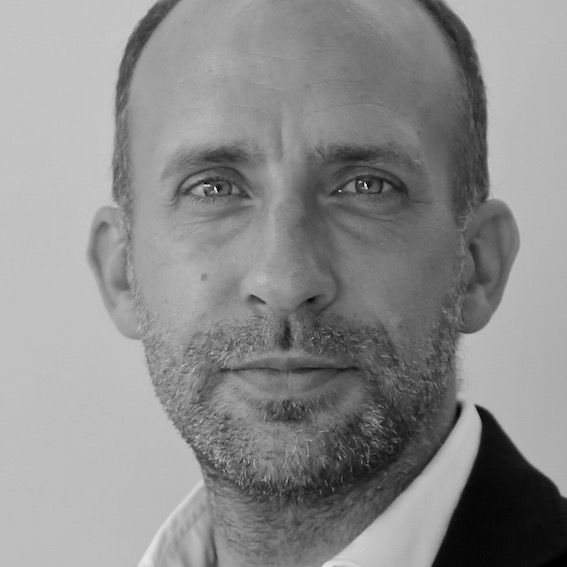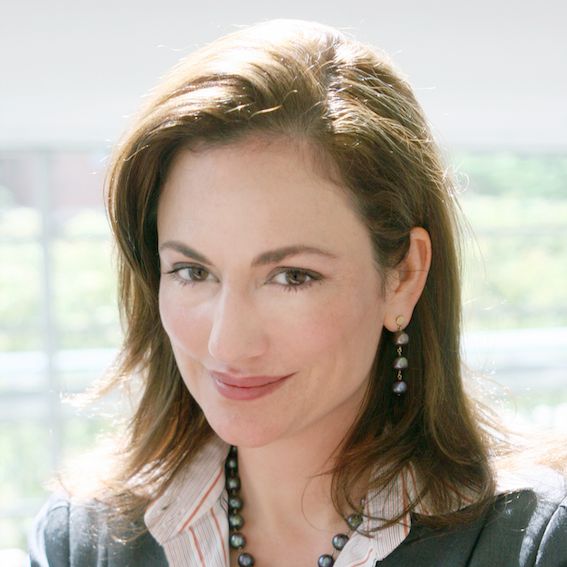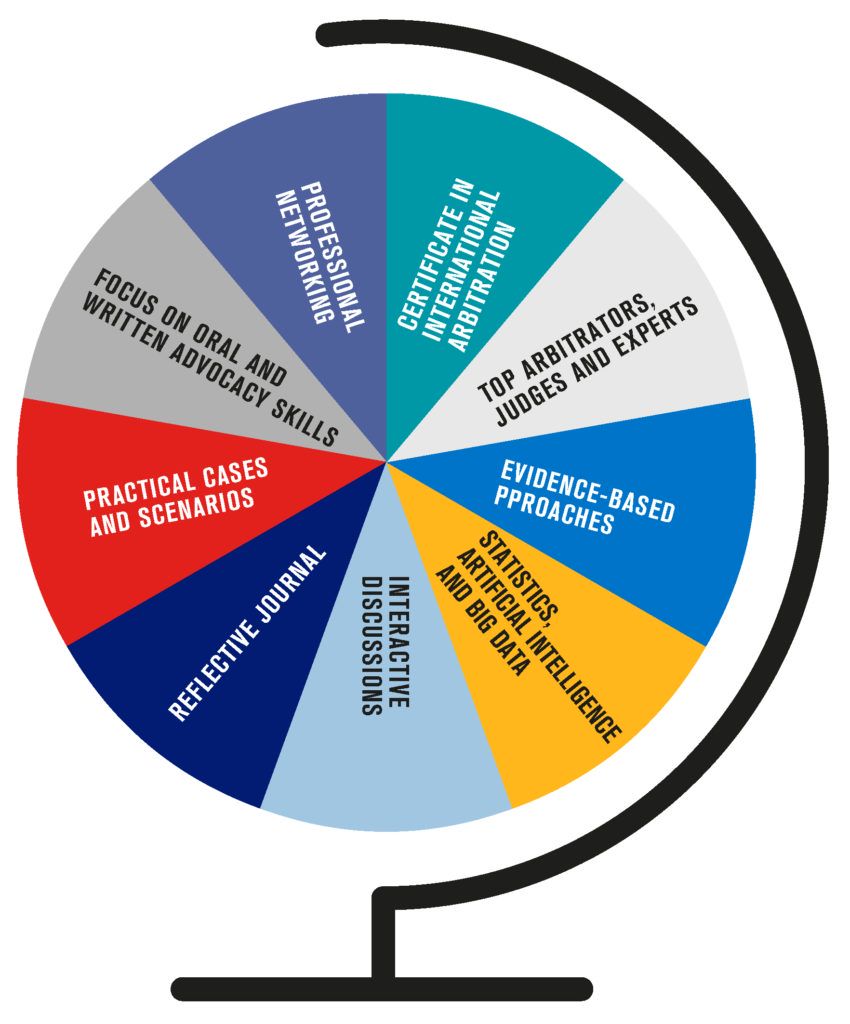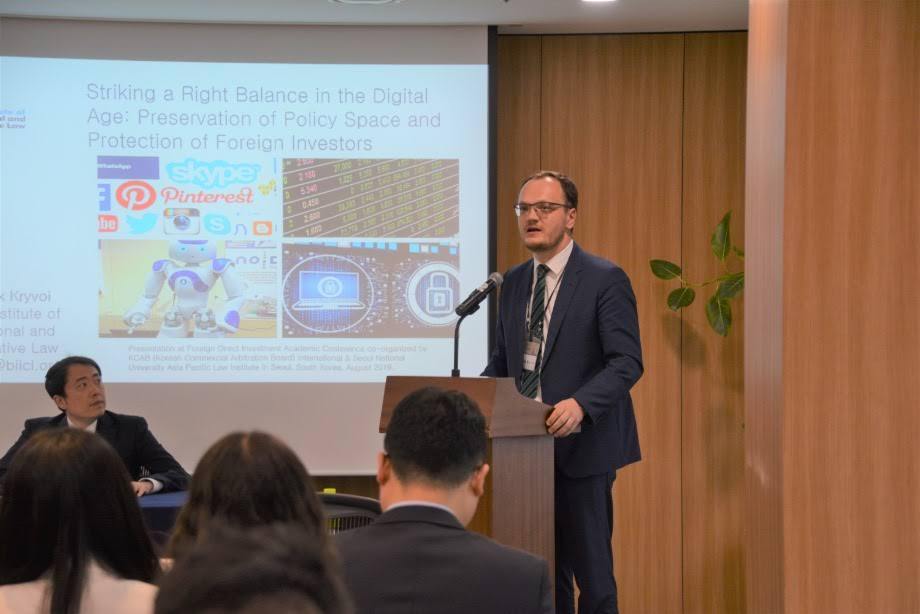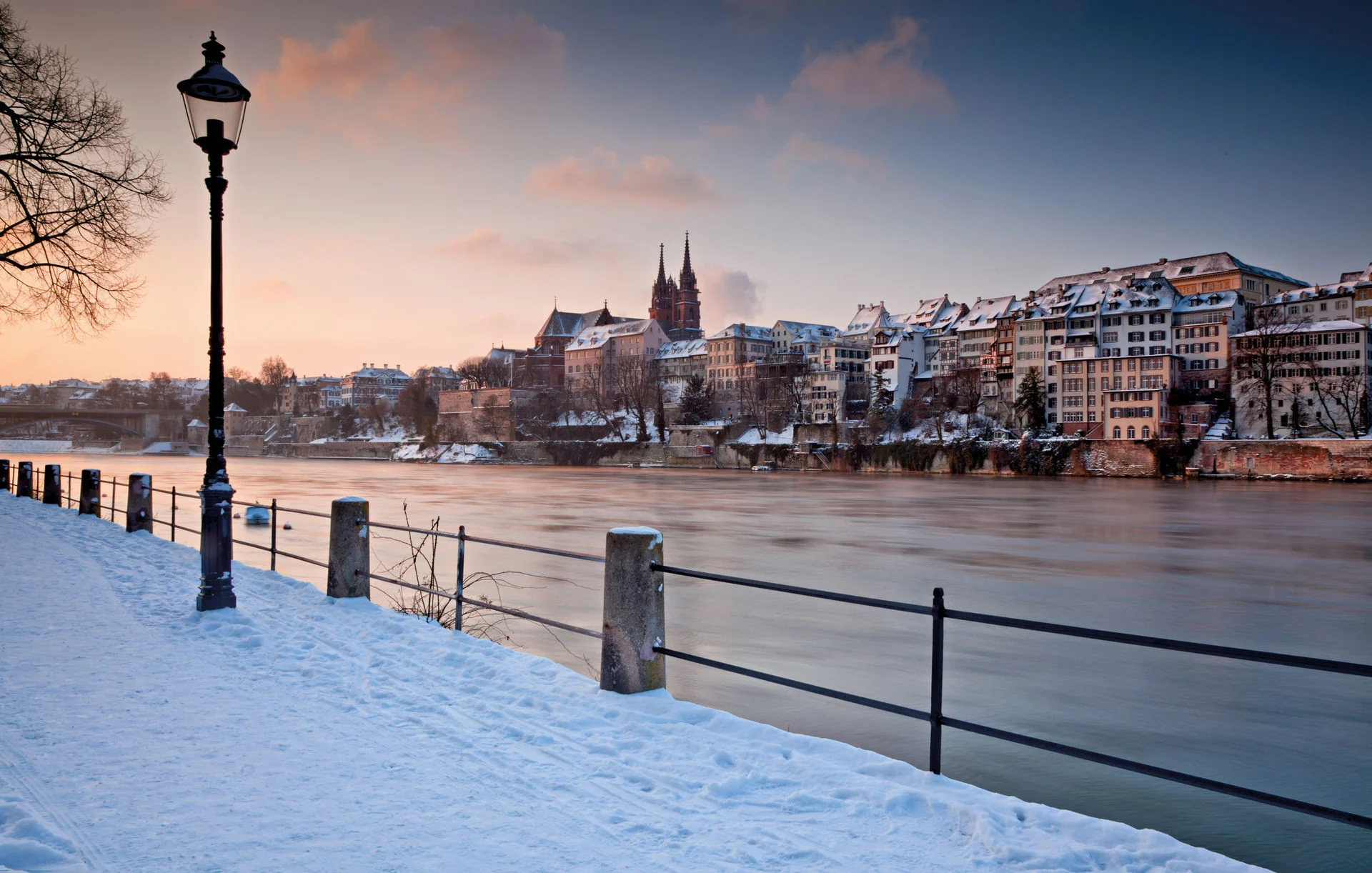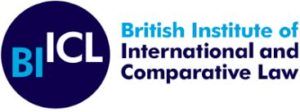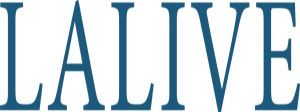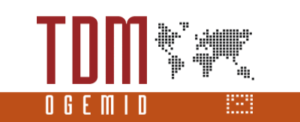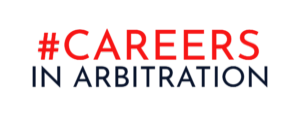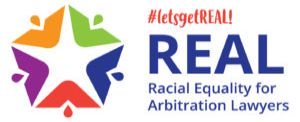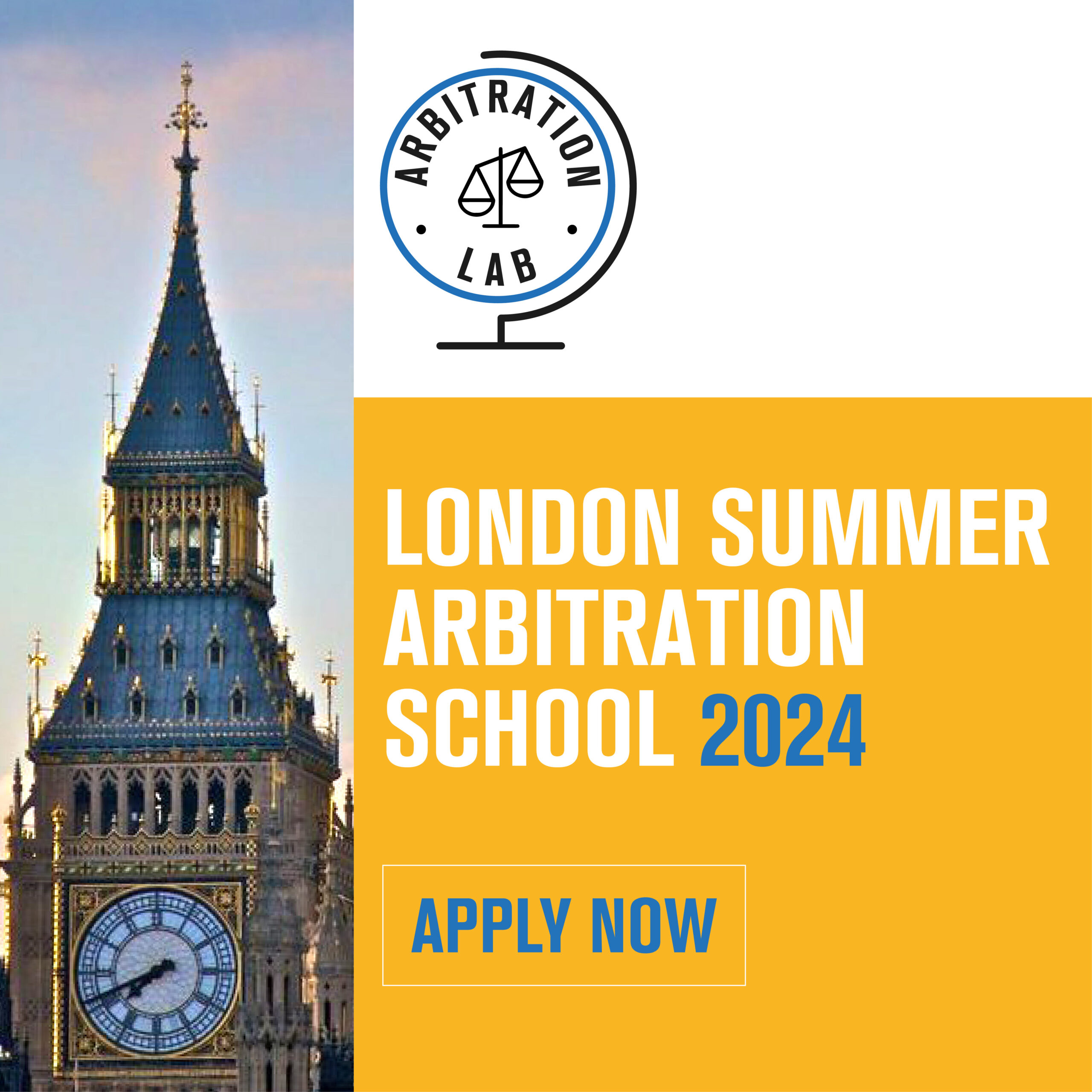We no longer accept applications for the 2024 Basel Winter Arbitration School. If you are interested in joining the 2025 Basel Winter Arbitration School on 3-7 February 2025 please complete this form to let us know. We will notify you as soon as the applications portal becomes available.
The Basel Winter Arbitration School is taking place on 5-9 February 2024 at the Law Faculty of the University of Basel in Switzerland. It will also be possible to attend the school in person or online.
The school will feature an interactive five-day programme introducing participants to different types of public, private and hybrid arbitration and related practice development and career opportunities. Young practitioners and graduate students working in the field of dispute resolution will particularly benefit from this programme.
The University of Basel, founded in 1460, is the oldest university in Switzerland. The school will feature prominent arbitration practitioners and academics covering different arbitration topics and will include speakers from international arbitration institutions headquartered in Switzerland and other countries.
NEW: The programme of the Basel Winter Arbitration School is available here.
